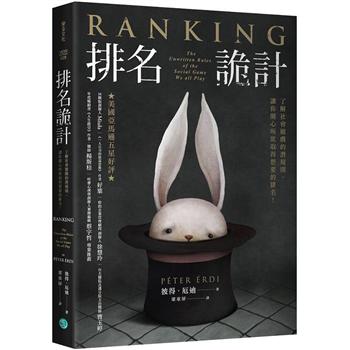On a Victorian pleasure cruise, a chance encounter opens the floodgates to regret, desire, and possibility in this "little period gem of feeling and clarity" (The Guardian).
It is 1851, only three years since Europe was convulsed by workers’ revolutions, but already English tourists are returning to the Continent, taking the waters at Baden Baden, then traveling by paddle steamer down the Rhine valley, celebrated for its romantic vistas. Among the sightseers are the pious Reverend Charles Morrison, his wife and daughter, and his maiden sister, Charlotte, a seemingly meek middle-aged woman who’s spent her life attending to the needs of others. Like the river upon which they’re traveling, however, Charlotte contains hidden depths. A chance encounter with a fellow passenger in Coblenz sparks a Damascene moment, unleashing in her a sudden and violent awakening of memory, fear, and sexual desire. As the travelers are swept onward to Cologne, Charlotte wrestles with what Lauren Groff in her foreword to this new edition describes as "a subtle and total derangement of understanding," eventually surging toward a moment of crisis. Rhine Journey is "a patient and cunning representation of the intimacies of a repressed and wasted life" (London Review of Books) by a novelist "incapable of writing a bad or inelegant sentence" (Hudson Review).| FindBook |
有 1 項符合
Rhine Journey的圖書 |
 |
Rhine Journey 作者:Schlee 出版社:McNally Editions 出版日期:2024-07-16 語言:英文 規格:平裝 / 128頁 / 21.59 x 12.7 x 1.52 cm / 普通級/ 初版 |
| 圖書館借閱 |
| 國家圖書館 | 全國圖書書目資訊網 | 國立公共資訊圖書館 | 電子書服務平台 | MetaCat 跨館整合查詢 |
| 臺北市立圖書館 | 新北市立圖書館 | 基隆市公共圖書館 | 桃園市立圖書館 | 新竹縣公共圖書館 |
| 苗栗縣立圖書館 | 臺中市立圖書館 | 彰化縣公共圖書館 | 南投縣文化局 | 雲林縣公共圖書館 |
| 嘉義縣圖書館 | 臺南市立圖書館 | 高雄市立圖書館 | 屏東縣公共圖書館 | 宜蘭縣公共圖書館 |
| 花蓮縣文化局 | 臺東縣文化處 |
|
|
圖書介紹 - 資料來源:博客來 評分:
圖書名稱:Rhine Journey
內容簡介
作者簡介
Ann Schlee was born in Connecticut in 1934 and spent parts of her childhood and adolescence in Egypt, Sudan, Khartoum, and Eritrea. She went to boarding school in England and read English at Somerville College, Oxford. In 1957 she married artist Nick Schlee, brought up their four children, and wrote five children’s novels, including The Vandal, which won the 1980 Guardian Children’s Fiction Prize. Rhine Journey, the first of her novels for adults, was shortlisted for the Booker Prize in 1981. Subsequently she combined her writing with teaching, becoming a Fellow of the Royal Society of Literature in 1997.
Lauren Groff is the author of seven books, most recently The Vaster Wilds, Matrix, and Florida. She lives in Gainesville, Florida.
|











